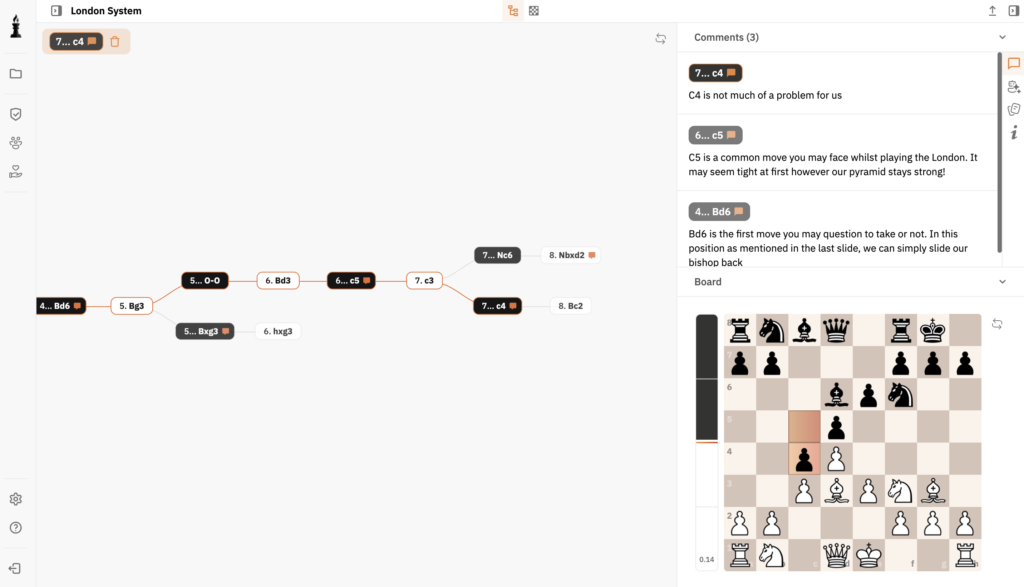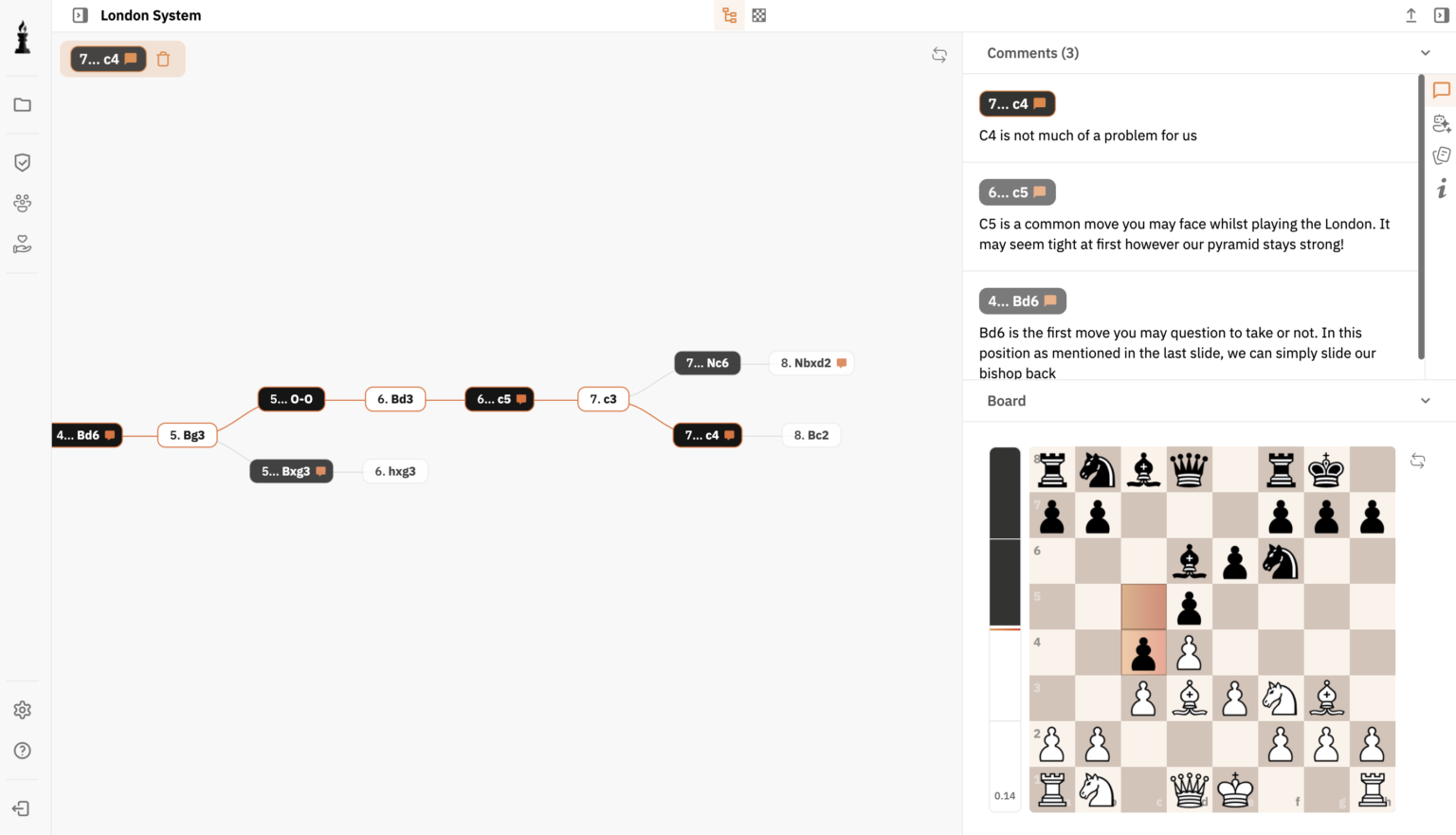Introduction to Chess Strategy
Chess strategy is a dynamic field that bridges the classical techniques from masters like Francois-André Danican Philidor and the modernized styles embodied in today’s international play. By understanding these strategies, players can enhance their abilities and appreciate the game on a deeper level.
The Classical Foundations
The Principles of Classic Strategy
Classic chess strategy is deeply rooted in principles of control, positioning, and efficient use of pieces. Masters such as Ruy Lopez emphasized the importance of center control and developing pieces harmoniously.
Central Control and Piece Development
The opening phase often dictates the success of your middlegame. Classical players focused on controlling the center, which often leads to better tempos and strong pawn structures, essential for executing advanced tactics like forks and pins.
Modern Chess and its Innovations
Incorporation of Technology
With the advent of chess engines like Stockfish, players are now armed with unprecedented analytical capabilities. These tools allow for deep explorations into variations and potential outcomes, refining strategic plans that mix classic and modern elements.
Dynamic Play and Flexibility
Modern players often adopt flexible plans that allow for dynamic piece movement and novel strategies that were not traditionally seen. Concepts like Prophylaxis have evolved, emphasizing the prevention of opponents’ plans while maintaining flexibility in strategy.
Adapting Strategy for Different Playstyles
The Universal Playing Style
The universal style of playing encapsulates a blend of classical understanding and modern dynamism. For example, learning from the modern universal style, a player might open with a traditional opening but switch to a more dynamic, unpredictable middlegame.
Insights from Chess Schools
Each chess school brings its unique flavor to the game. The Soviet School emphasized deep analysis and tactical precision, while the Hypermodern School championed control of the center from afar. Incorporating these into one’s repertoire allows for a greater range of strategies.
The Role of Psychological Factors
Complex Psychological Tactics
Understanding psychological elements can be just as crucial as strategic depth. Concepts like Zugzwang rely on putting psychological pressure on the opponent, forcing them into poor decisions. Analyzing past games of legends like Mikhail Chigorin can provide insights into how psychological warfare was historically executed.
Mindful Chess Strategies
Ensuring your strategy includes anticipating opponent moves while preparing for strategic depths can allow for recovery even in challenging positions, such as those involving Threefold Repetition or Stalemate.
Conclusion
Balancing the classic principles with the unpredictable nature of modern tactics defines the contemporary chess landscape. Through Exchanging Pieces strategically or applying the En Passant rule in novel ways, players can develop a well-rounded approach, leading to more engaging and compelling games. Coupled with modern tools available on ChessFlare, players can refine their strategy, balance complexity, and enjoy the majestic flow of chess.
Classic strategies provide a solid foundation, focusing on principles like central control and efficient development. This allows modern players to adapt and expand these principles with new tactics and dynamic play, enriching overall strategy.
Modern technology, such as chess engines and analytical tools, allows players to conduct in-depth game analysis, exploring diverse strategies and improving decision-making. This integration creates a comprehensive understanding, marrying traditional tactics with innovative modern styles.
Psychological elements like pressure tactics can influence an opponent’s decision-making, even in strategic positions like zugzwang or when employing prophylaxis, often leading to advantageous positions or even errors by the opponent.
Varying strategies between classical and modern approaches makes a player’s style unpredictable and adaptable, often placing them at an advantage. It allows leveraging the opponent’s weaknesses and optimizing scenarios for favorable outcomes.





